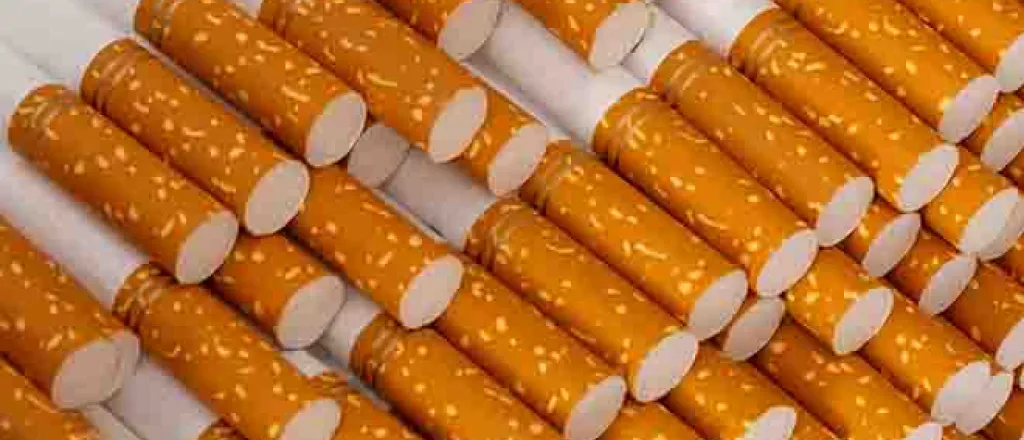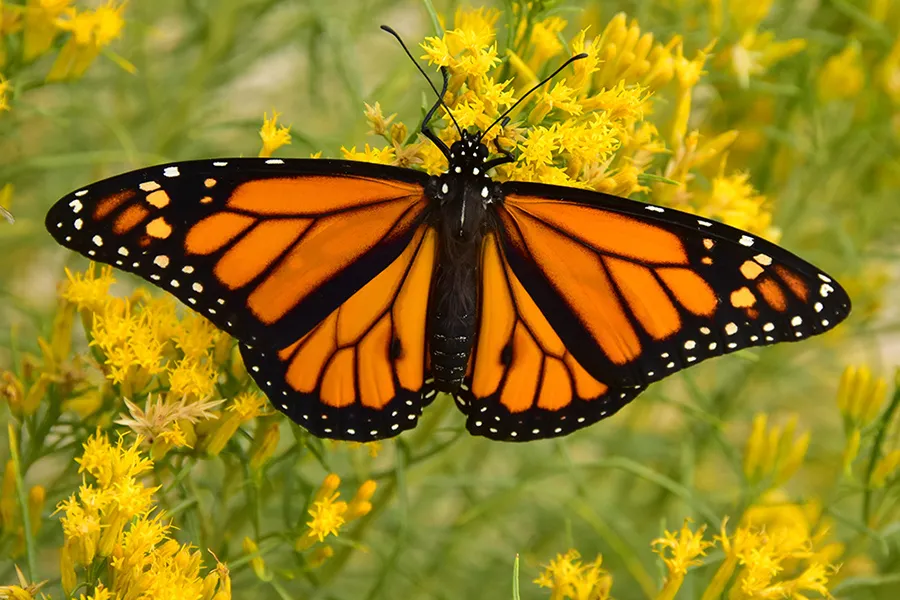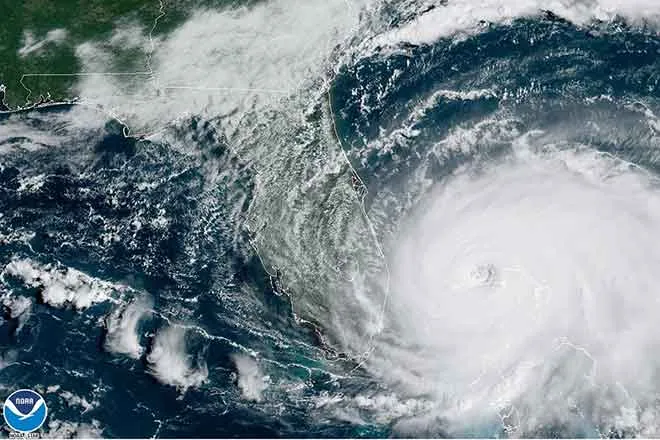
States reach $438.5M settlement with e-cigarette company Juul
(The Center Square) – Electronic cigarette company Juul will pay out $438.5 million to 33 states as part of a proposed settlement following a two-year investigation into the company’s marketing practices.
The investigation, led by Texas, Connecticut, and Oregon, found that the company intentionally advertised the addictive nicotine vaping products to underaged users.
The company will pay out the settlement over a six to 10-year period and requires the company to adhere to strict injunctive requirements, according to Texas Attorney General Ken Paxton’s office.
“When I launched this investigation over two years ago, my goal was to make sure JUUL was held liable for any wrongdoing done in the past and ensure that they change direction to fully comply with the law going forward,” Paxton said in a statement. “This settlement helps accomplish both of those priorities.”
Texas will get $42.8 million as part of the settlement.
In addition to Texas, Connecticut, and Oregon, the settlement also includes Alabama, Arkansas, Delaware, Georgia, Hawaii, Idaho, Indiana, Kansas, Kentucky, Maine, Maryland, Mississippi, Montana, Nebraska, Nevada, New Hampshire, New Jersey, North Dakota, Ohio, Oklahoma, Puerto Rico, Rhode Island, South Carolina, South Dakota, Tennessee, Utah, Vermont, Virginia, Wisconsin, and Wyoming.
“No nicotine marketing to kids! It was wrong when it was Joe Camel, and it’s wrong when it’s JUUL’s ‘Miint’ and ‘Fruut’ flavors and their influencer-led targeting,” Ohio Attorney General Dave Yost said in a statement. “This settlement puts an end to Juul’s trawling for new addicts among our children.”
Yost’s office said finalizing the settlement could take up to one month.
In June, the U.S. Food and Drug Administration ordered Juul to cease marketing and selling the products in the country. The order led to a court fight that resulted in an agreement by the FDA and Juul to suspend the case, allowing the company to continue sales.
















